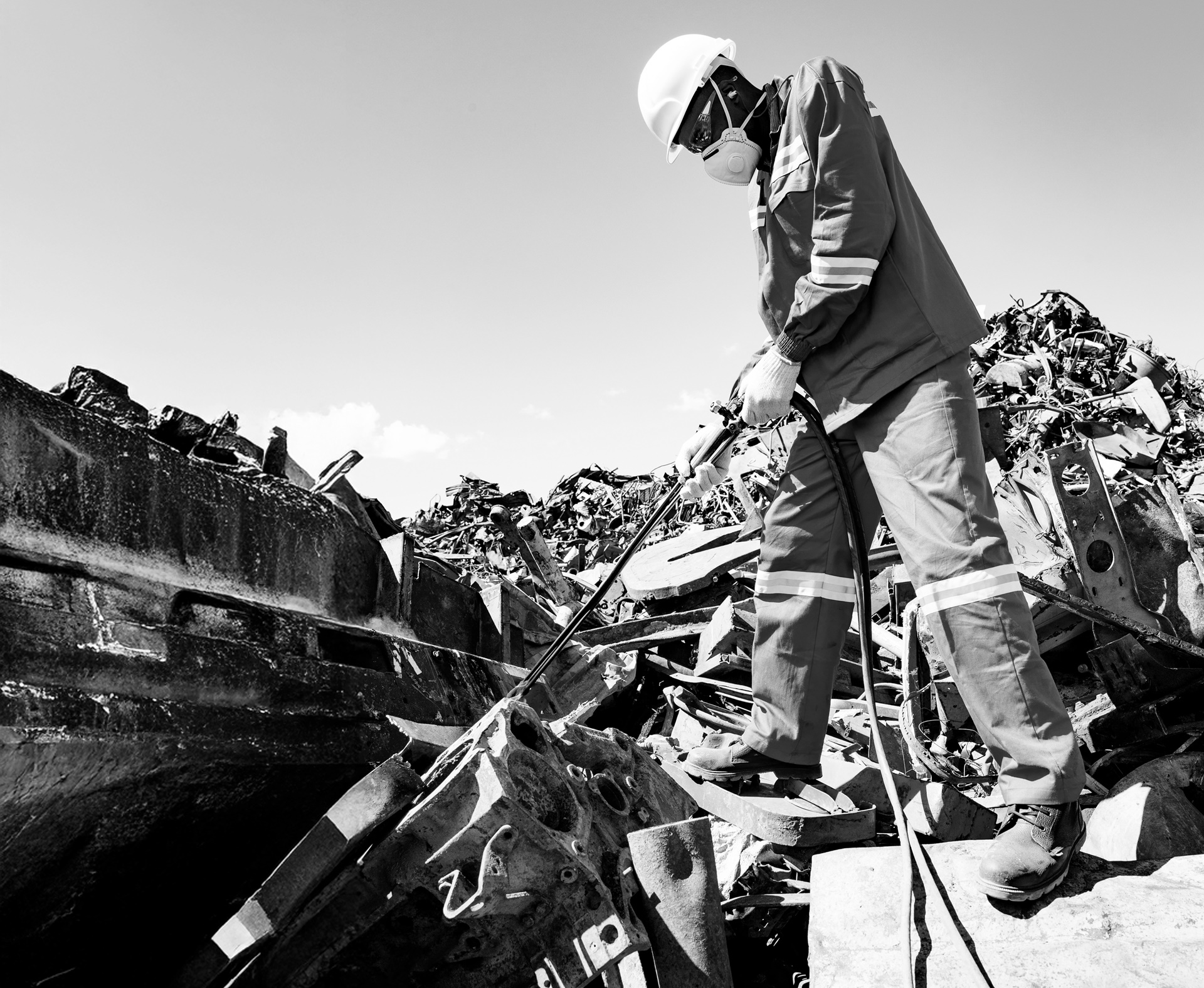With today’s challenging job market, many scrapyards have turned to temporary or leased labor to fill their staffing needs. Doing so offers some business advantages but also some additional risk.
Hidden risks
Without proper safety training, temporary workers can injure themselves or others. We’ve seen an uptick in related losses that include accidental death and bodily injuries of leased and temporary workers. In addition to facing the human toll of these incidents, the yards that experienced them also faced significant financial losses.
To avoid or mitigate such losses, choose your employment agency carefully.
- Look for an employment agency that categorizes its workers as its employees, not independent contractors. By doing so, you can more easily make the case that they’re not your employees should they cause or be involved in an accident.
- Make sure the agency places a priority on worker safety. A representative should visit your worksite and understand all the potential hazards so the agency can train staff appropriately.
You will also want to learn how the U.S. Occupational Safety and Health Administration (OSHA), local law and your insurance policies define “employee.” Depending on how much control and direct supervision you have of temporary workers, they could meet the definition of employee, making you vicariously liable for their actions or their workplace injuries.
Employee-leasing agreements
Employee-leasing agreements should include the appropriate contractual risk-transfer wording to transfer exposures and prevent significant losses. Look for the following elements:
- Indemnification agreements: These agreements shift liability from one party to another in the event of a loss or claim. Indemnification reimburses another party for a loss due to a third party’s or one’s own act or default. Have the agreement give the other party not just a duty to indemnify, but also a duty to provide defense following a loss or claim. Some state statutes limit the use of indemnification agreements, especially when overly broad, so consult legal counsel when drafting the contract.
- Hold-harmless agreements: These absolve another party from responsibility for damage or other liability arising from the work being performed. With these agreements in place, even if the other party does indemnify, it cannot then come back to recover its losses from your company.
Additional-insured status
To ensure that the agency can fulfill its contractual duty from a financial perspective, make sure your company is named an additional insured (AI) party on the agency’s general liability, automobile and umbrella policies. Doing so will force the agency’s policy to respond directly on your behalf for defense and indemnification. A specific endorsement is better than a blanket endorsement and you want it to cover general liability for both ongoing and completed operations.
A written contract between your company and the agency can be the trigger for AI status, so again, be sure to have one in place. In most cases, the staffing agency’s general liability policy will cover it for liability it assumes in an “insured contract” should it cause the liability within the policy’s limits, terms and conditions. Also verify that the indemnitor has sufficient policy limits.
Waiver of subrogation
Request a waiver of subrogation in your favor on the agency’s worker’s compensation, general liability, auto and umbrella policies. If a temporary employee is injured while working on your behalf, this can help prevent the agency’s worker’s comp carrier from pursuing recovery from your company.
In addition to taking the above steps, be sure to request and get copies of the agency’s certificates of insurance and the declarations pages of its policies. And talk to your insurance broker about specific staffing endorsements you should have on your own insurance policies, such as an alternate-employer endorsement on your worker’s comp policy and a “coverage for injury to leased workers” endorsement on your commercial general liability policy.
Laws and circumstances vary, so consult your legal counsel, insurance broker, risk manager or insurance carrier for more specific advice about managing the risks of temporary employees.
Partnering for safer staffing practices
Temporary labor can support your operation, but it also introduces new exposures. Our RecycleGuard team understands the unique risks faced by recycling businesses and offers industry-specific coverage and guidance to help protect your people and your bottom line.
Contact us to learn more about how RecycleGuard can support your risk management strategy:
Amwins.com/recycleguard
RecycleGuard is the only P&C insurance program sponsored by the Recycled Materials Association (ReMA).


